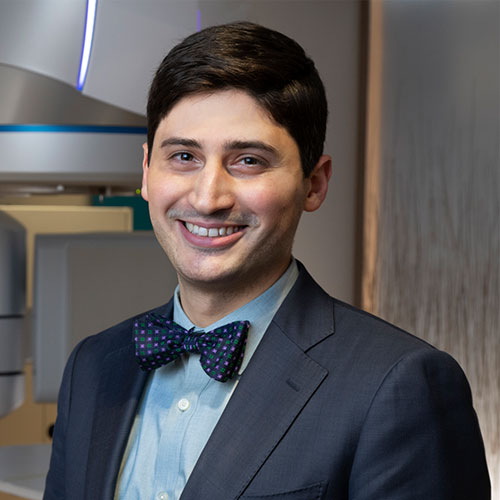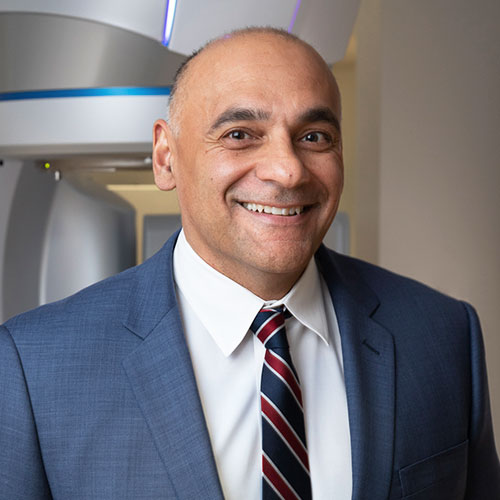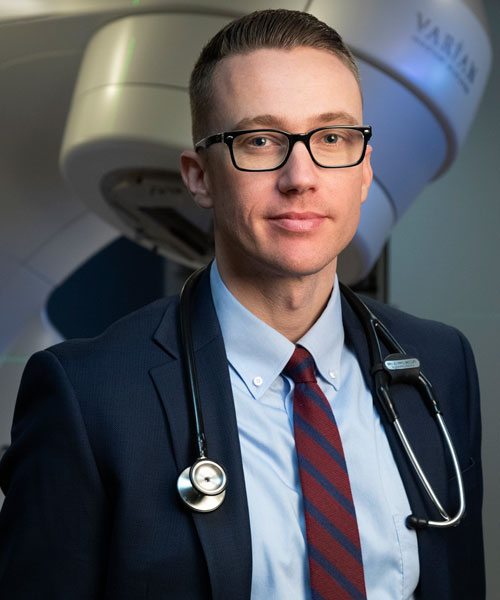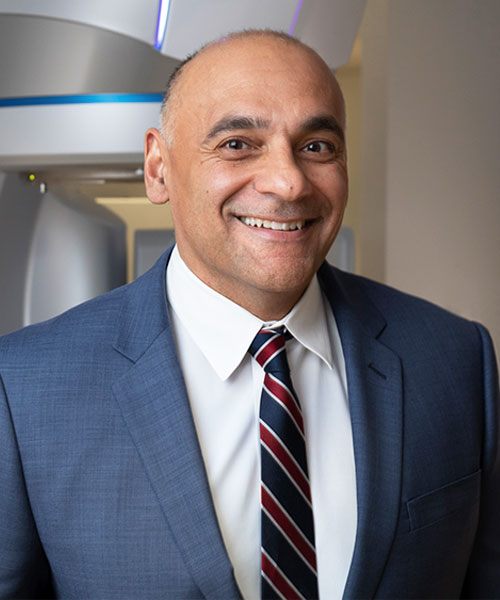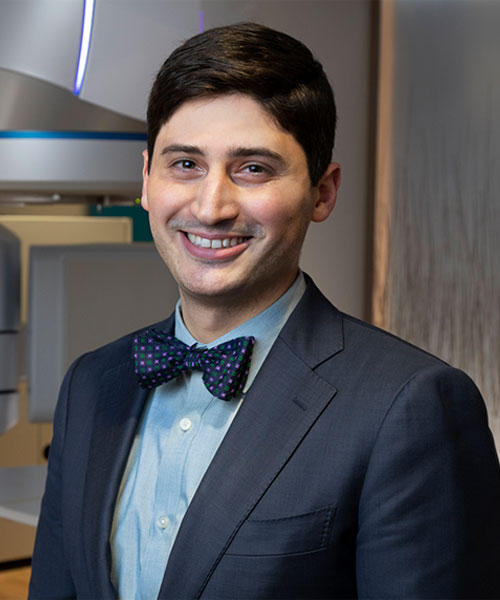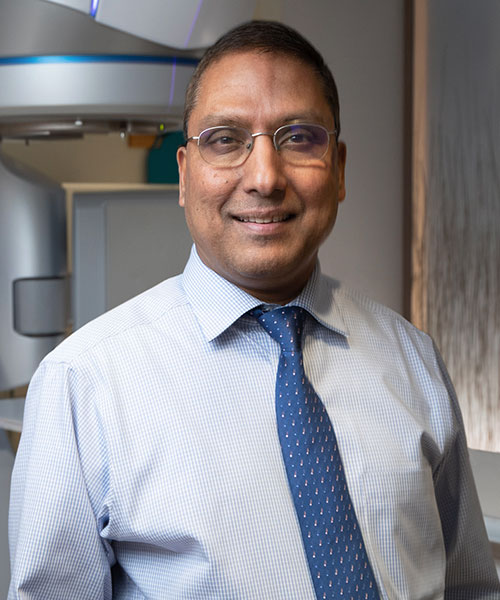Jeffrey Brower received his Bachelor of Science degree in Microbiology and Cell Science with a minor in Chemistry from the University of Florida. He then went on to earn his Ph.D. in Molecular Biology, during which time his research led to the discovery of a novel gene responsible for cellular respiration and energy metabolism. During his Ph.D. research, he was awarded the Alumni Fellowship and Medical Guild award for his work in molecular biology. Following the completion of his Ph.D., Dr. Brower matriculated to medical school at the University of Florida, graduating with research honors in 2012.
Dr. Brower completed his training in radiation oncology at the University of Wisconsin, serving as chief resident from 2016 to 2017. During residency, he gained extensive experience in the most current radiation therapy techniques, including intensity modulated radiotherapy (IMRT), Tomotherapy, image-guided radiotherapy, and stereotactic radiotherapy as well as the utilization of MRI-guided radiotherapy. In addition, Dr. Brower received comprehensive training in the utilization of brachytherapy to treat gynecologic malignancies. As a resident, Dr. Brower also participated in clinical research, publishing over 25 peer reviewed manuscripts and presenting his work at national conferences. Dr. Brower has published manuscripts on esophageal, lung, brain, head and neck, prostate, liver, skin and gynecologic cancers as well as brain metastases. After the completion of his training, Dr. Brower joined Radiation Oncology Associates in 2017. He currently serves as Gynecological Editor for Radoncquestions.com, an international online learning resource for radiation oncology physicians and trainees. Dr. Brower also is an active peer reviewer for many journals with the field of radiation oncology and continues to participate in resident education.
“It is a great privilege to care for the patients of New England. Community medicine provides me the opportunity to focus on improving the standards of patient care and ensuring that the highest quality therapy is available to patients closer to home.”

